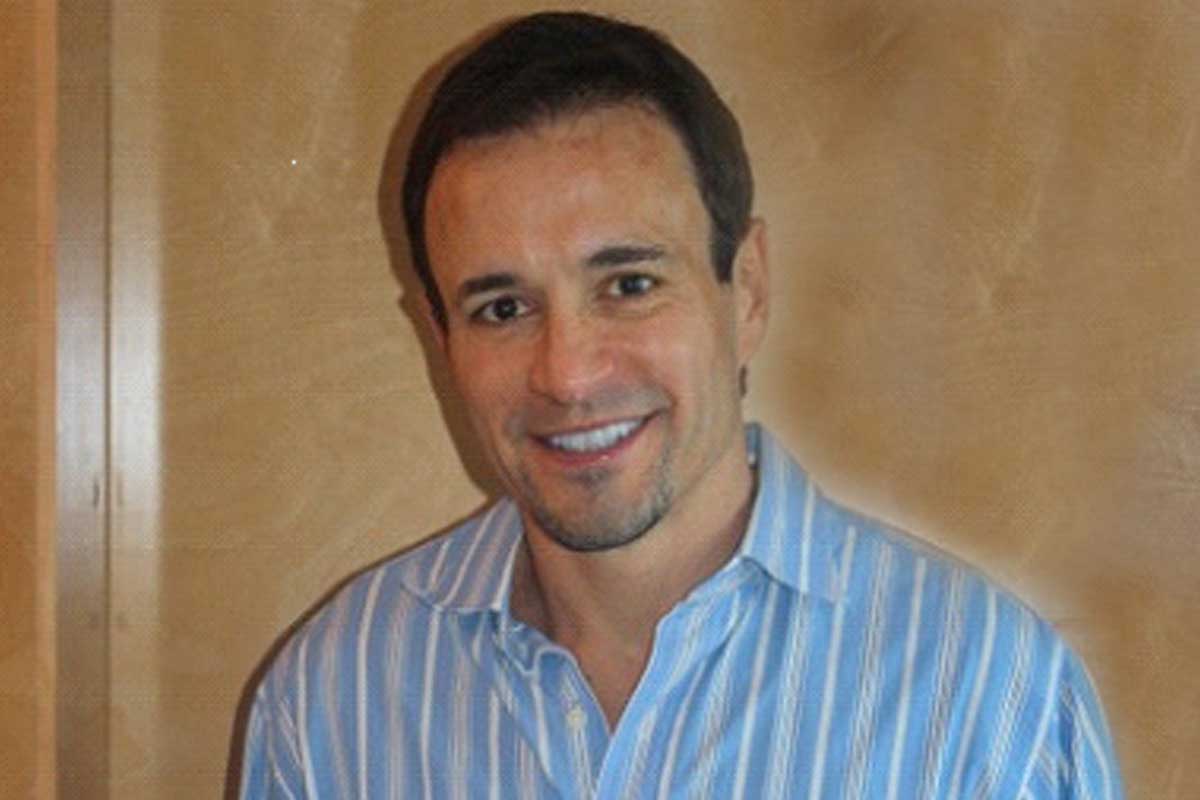
Claudio Paiva
Growing up in Brazil during a historic shift from military dictatorship to democracy, Claudio Paiva was fascinated by the critical role that the economy played in his country’s politics.
“There were some pretty amazing, massive, peaceful street demonstrations, and the political debate was everywhere,” he said. “I understood a lot of the issues surrounding the whole thing but nothing about economics, so I decided to learn.”
Now a Professor and Chair of the Economics Program at CI, he challenges his students to understand and apply economics to the present-day issues and current events affecting their world.
“I usually approach many everyday issues from an economic perspective, constantly thinking that many things like parking and traffic issues, the environment, education policies and even student engagement in school could benefit from an economics way of thinking,” he said.
Paiva also shares with students his 12 years of experience as an economist with the International Monetary Fund in Washington, D.C., where he analyzed international macroeconomic problems and developed policies to address them, working with government and Central Bank officials and policy makers around the world.
“I think my years at the IMF provided my most valuable learning experience,” he said. “Every single week I bring real country data into my lectures, and I often require students to collect and analyze actual country data in their assignments and exams. I believe the value of this ‘hands-on’ approach goes beyond illustrating the specific economic topic at hand: It helps students develop critical thinking and other important skills such as processing and presenting data effectively, and building solid arguments to support a certain point of view.”
Though he’s known as a demanding instructor, Paiva also boasts a long list of students who credit him as a supportive and inspiring mentor who pushed them to achieve career and graduate school success.
“I am by far most proud of seeing nearly all of my students who majored in economics either in prestigious graduate programs or holding good jobs in the field,” he said. “Because I really enjoy mentoring and teaching, I am always glad to talk to students about their studies and their careers. They should feel free to drop me a line and we can plan an informal chat.”
